-
The Last Man, Mary Shelley
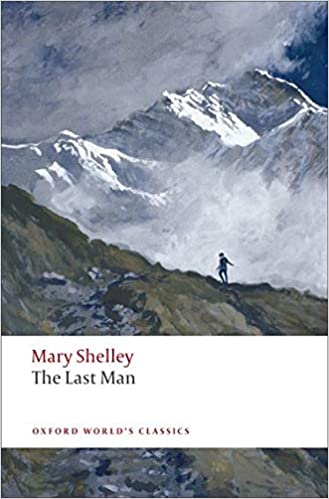
Shelley’s plague novel includes what could be a physician’s oath: “I am now going to undertake an office fitted for me. I cannot intrigue, or work a tortuous path through the labyrinth of men’s vices and passions; but I can bring patience, and sympathy, and such aid as art affords, to the bed of disease….”
-
One Long River of Song, Brian Doyle
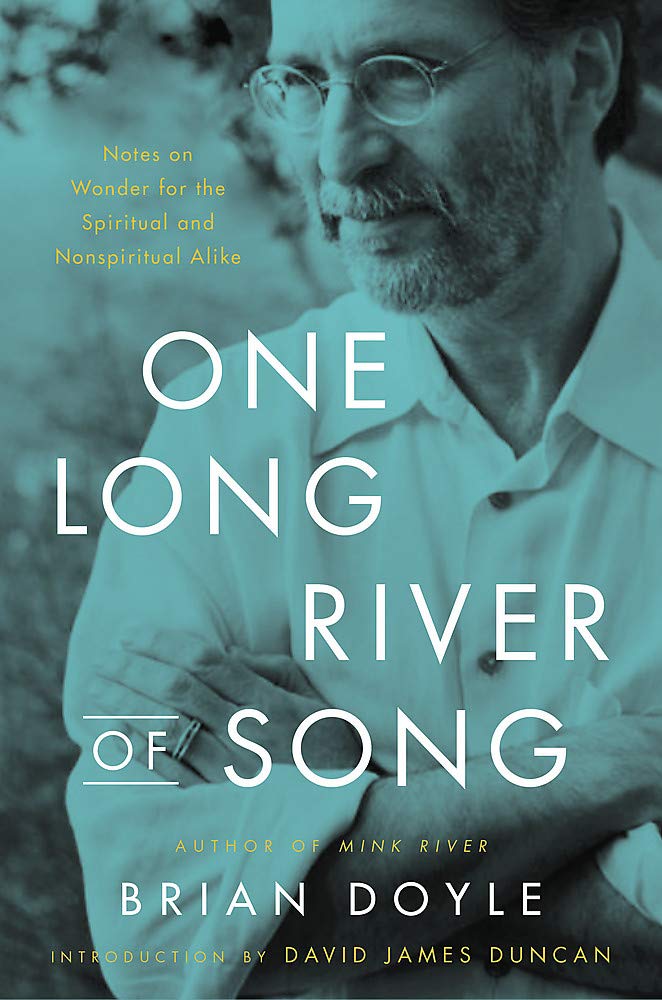
Few of my books are tear-stained. This one is. I never met Brian Doyle, but I know him. Read this so you will too. Doyle exhibits the curiosity and wonder of the great physician, but with a paternal humor. “Remember–otters. Otters rule. And so: amen.”
-
Dorothy Day: Dissenting Voice of the American Century, John Loughery & Blythe Randolph
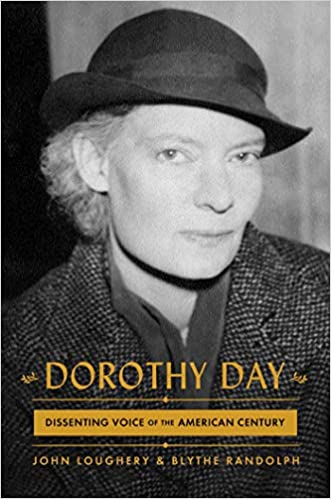
Q: “Where were the saints to change the social order, not just to minister to the slaves but to do away with slavery?” A: Dorothy Day.
-
Metamorphoses, Ovid
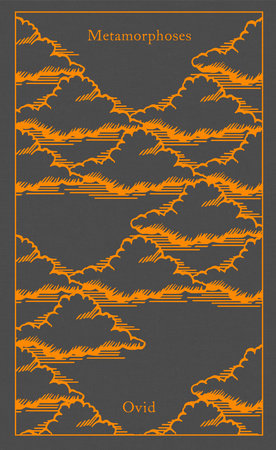
Reread Ovid during Covid. The sprawling poem of change ends with Aesculapius leaving his shrine to set up shop in the city. When the serpent-son resumes “his heavenly form, he brought the plague to an end and answered the prayers of the city for healing.” Someone should name a vaccine after him.
-
The Youngest Science, Lewis Thomas
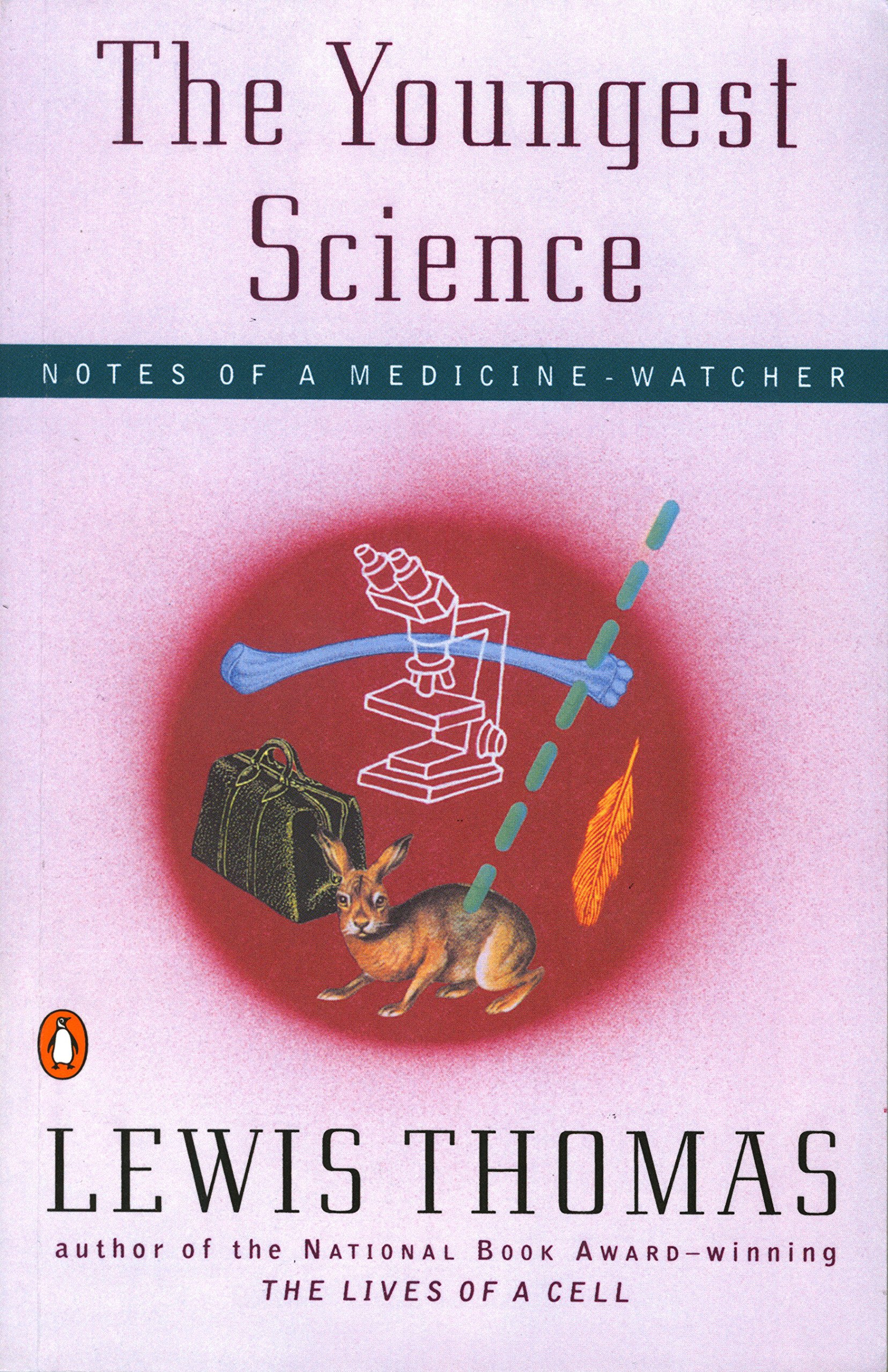
My favorite read of the HMS med school memoirs because Thomas is the kind of narrator who charms through self-deprecation. He faults his memory, laments his intelligence, praises the nurses, encourages male silence, and fondly remembers needing to donate blood to make money during residency. “MA law in 1937 stipulated that a blood donor was…
-
Waiting For An Echo, Christine Montross
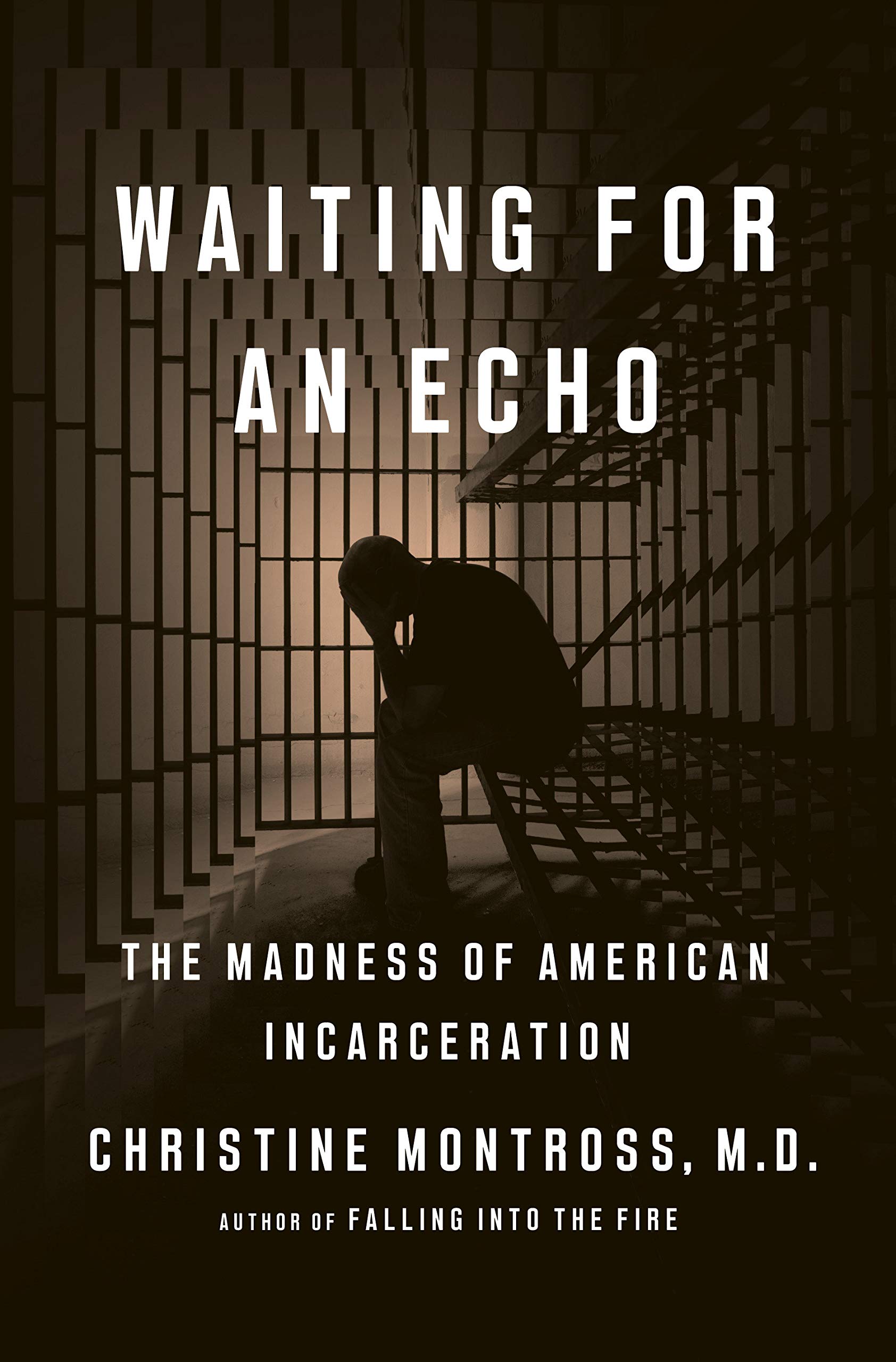
Patients often confuse psych hospitals and prisons. Better than anyone else writing today, Montross shows that this is no delusion, but by design. Montross is a psychiatrist and poet who entered correctional spaces on a therapeutic and humane endeavor: to tell untold stories. Very necessary.
-
The Immortality Key, Brian Muraresku
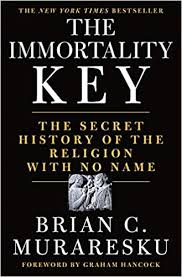
Blue pill masquerading as red pill. There is something here, but it is obscured by reductive arguments and sensational claims. That is how a bestseller works, right? (It is the kind of book where the author publishes a picture of his library card to prove he did the research.) What worried me about this page-turner…
-
Balm in Gilead, Sara Lawrence Lightfoot
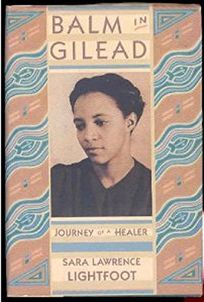
Dr. Margaret Morgan Lawrence was a pioneering Black psychiatrist. She bridged worlds: North and South, Black and white, faith and psychoanalysis, work and home. Her daughter’s biography bridges genre: love letter, case report, family history, and a roadmap. A moving testament to trauma and strength.
-
Great Expectations, Charles Dickens

What to make of Miss Havisham? She’s not the protagonist, but she is the novel’s compelling character. A portrayal of depression, a powerful personage undone by their unstable mind? Probably, but also: a fairy tale witch in a bridal dress. You could make more of Havisham, and I dream of a full Angela Carter re-write.…
-
Deaths of Despair, Anne Case & Angus Deaton
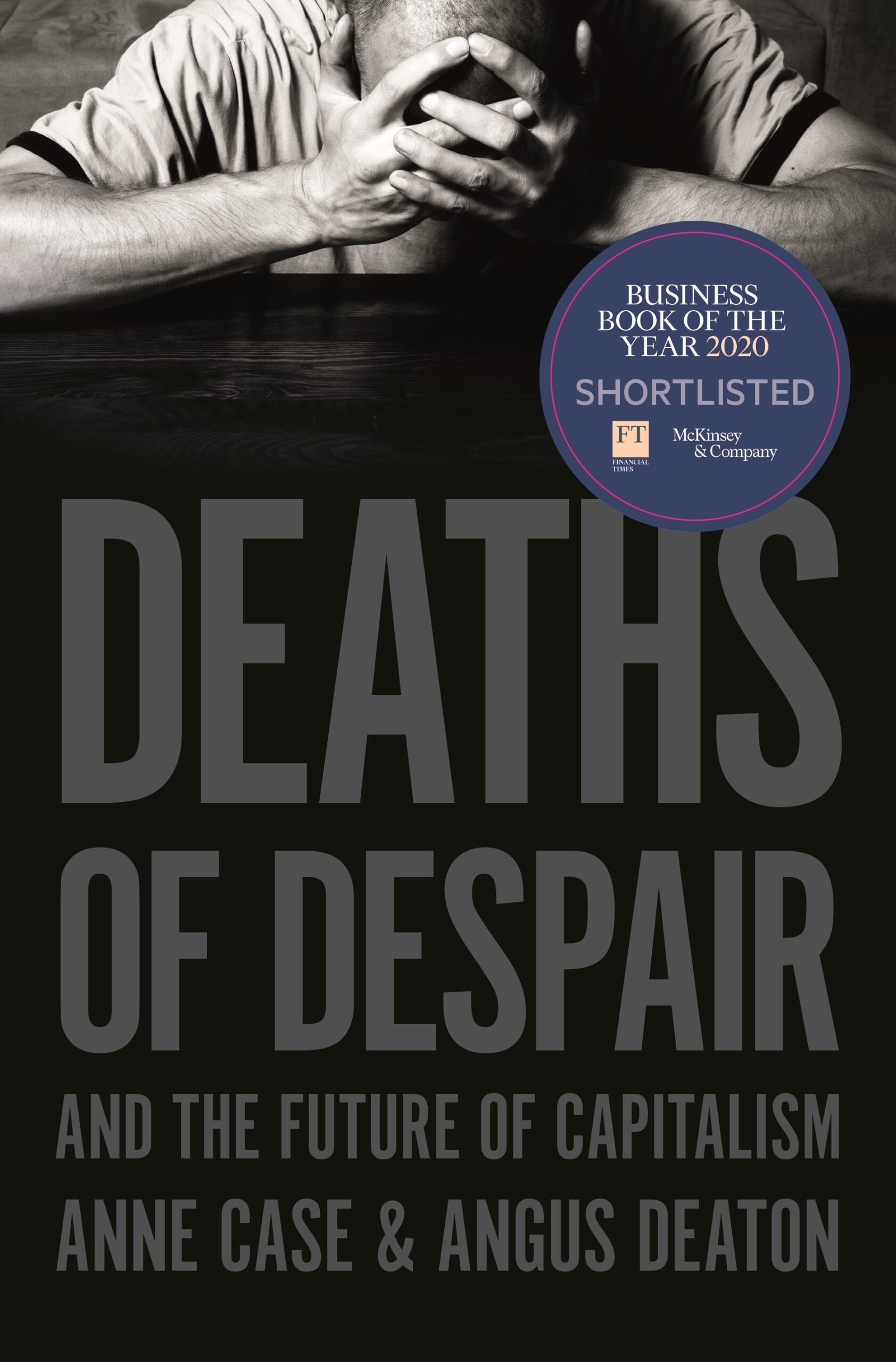
I don’t read much economics, but when I do it’s… an indictment. Every physician needs to read Chapter 13– How American Healthcare is Undermining Lives– and think about how we can stop contributing to the diseases of despair. We need to think about the work our patients do so that they can afford us to…
Abraham Nussbaum
Physician, Teacher, Writer